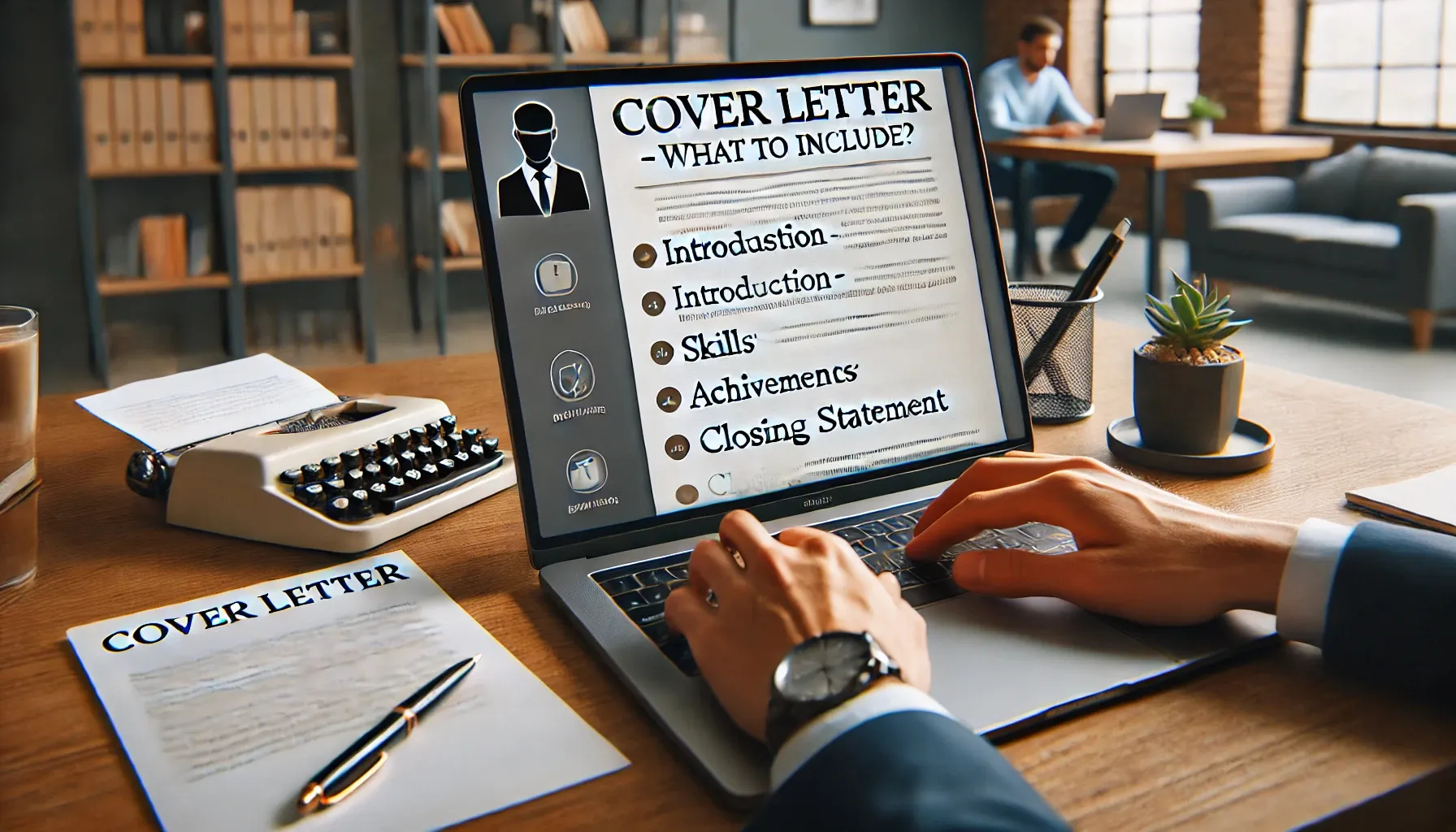The Cover Letter Conundrum
The question of whether or not to include a cover letter with your resume is a persistent one in the job search process. The answer, unfortunately, isn’t always straightforward. While some job seekers believe cover letters are relics of the past, others swear by their importance in securing interviews and landing jobs. The truth lies somewhere in the middle, depending on a variety of factors including the industry, the specific job, and the application process. In this article, we’ll explore five key facts to help you navigate the cover letter conundrum and make an informed decision about whether or not to include one with your resume. Understanding these facts can significantly boost your chances of success in the competitive job market. It is also important to consider if the job application require a cover letter to be submitted, not following the instructions might lead to rejection from the beginning.
Fact 1 Why Cover Letters Still Matter
Despite the rise of online applications and streamlined hiring processes, cover letters still hold considerable value. They provide an opportunity to go beyond the confines of your resume and offer a more personal and detailed account of your qualifications and your interest in a specific role. This allows you to showcase your personality and enthusiasm in a way that a resume often cannot. A well-written cover letter can set you apart from other candidates, especially if you tailor it to the specific requirements of the job description. Resumes often present a list of skills and experiences, but a cover letter can bring those qualifications to life by explaining how your skills and experience align with the company’s needs.
The Human Element of Cover Letters
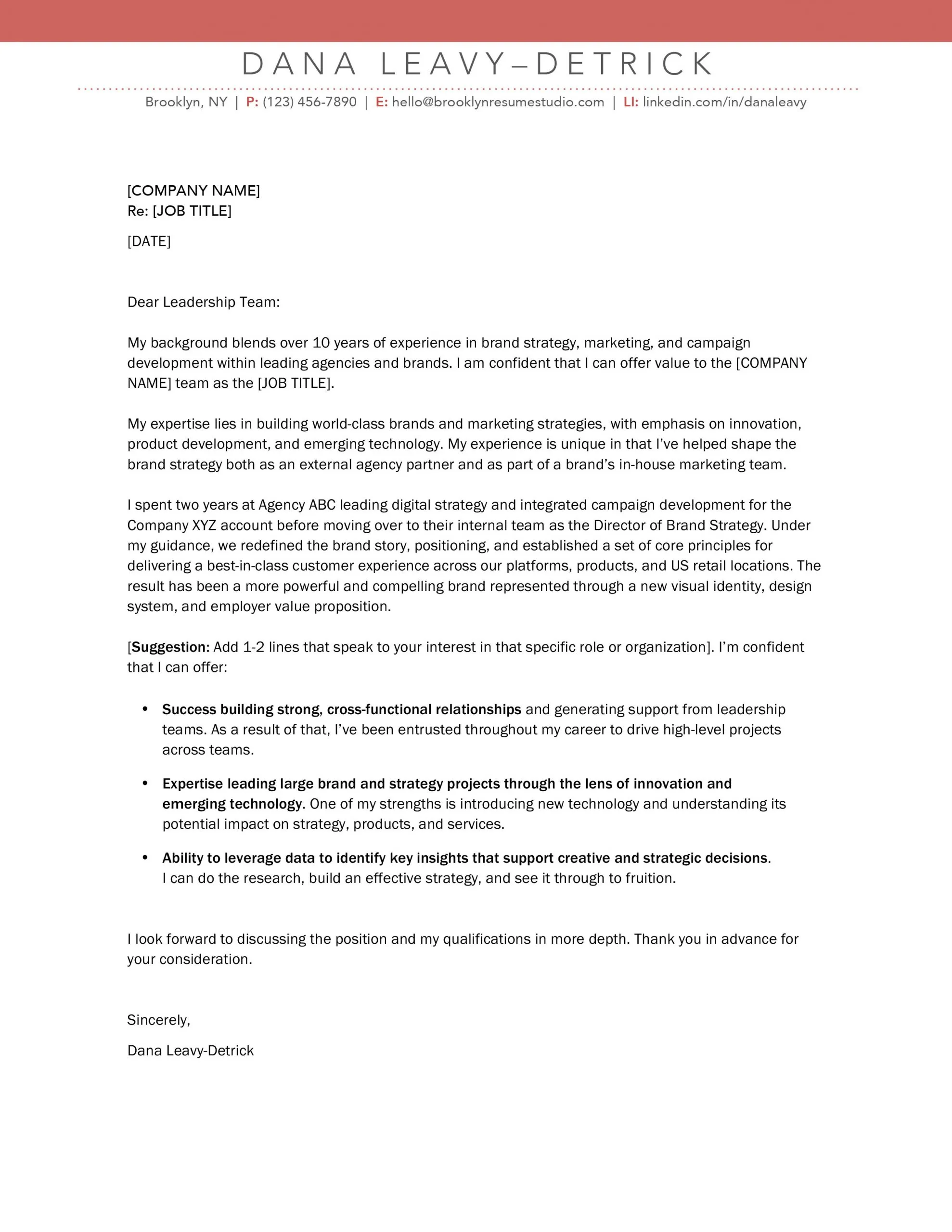
Cover letters introduce a human element into the job application process. They allow you to communicate directly with the hiring manager and convey your passion for the role and the company. They are a chance to show your writing skills and your understanding of the company’s values and goals. This personal touch can be particularly valuable in industries where soft skills and communication are highly prized. A cover letter provides context to your resume, helping the reader understand your career trajectory and the reasons behind your choices. Consider the cover letter as your opportunity to make a first impression.
Fact 2 When a Cover Letter is Mandatory
In many situations, a cover letter is not just recommended but mandatory. Always carefully review the job posting instructions. If the job posting specifically requests a cover letter, failing to include one is often an immediate disqualifier. This is a simple test of whether you can follow directions. Even if it is not explicitly stated, the presence of a cover letter can be seen as an indicator of how much effort you are willing to put into the application. Ignoring this detail demonstrates a lack of attention to detail, which is a critical attribute for many jobs. When the posting requires a cover letter, it shows the company values a more comprehensive understanding of a candidate’s experience and how they fit the role and company culture.
Industry Specificity
Certain industries and roles place a higher premium on cover letters than others. Fields such as writing, marketing, communications, and other creative roles often require a cover letter as a demonstration of your written communication skills. In these cases, a cover letter is not just a formality; it is a sample of your work. Likewise, for roles that require significant interaction with clients or stakeholders, the ability to write clear, concise, and persuasive cover letters is highly valued. In other fields, such as technology or engineering, cover letters might be less critical, but they can still offer an advantage by allowing you to highlight specific projects or skills that the resume might not fully capture.
Fact 3 The Advantages of a Cover Letter
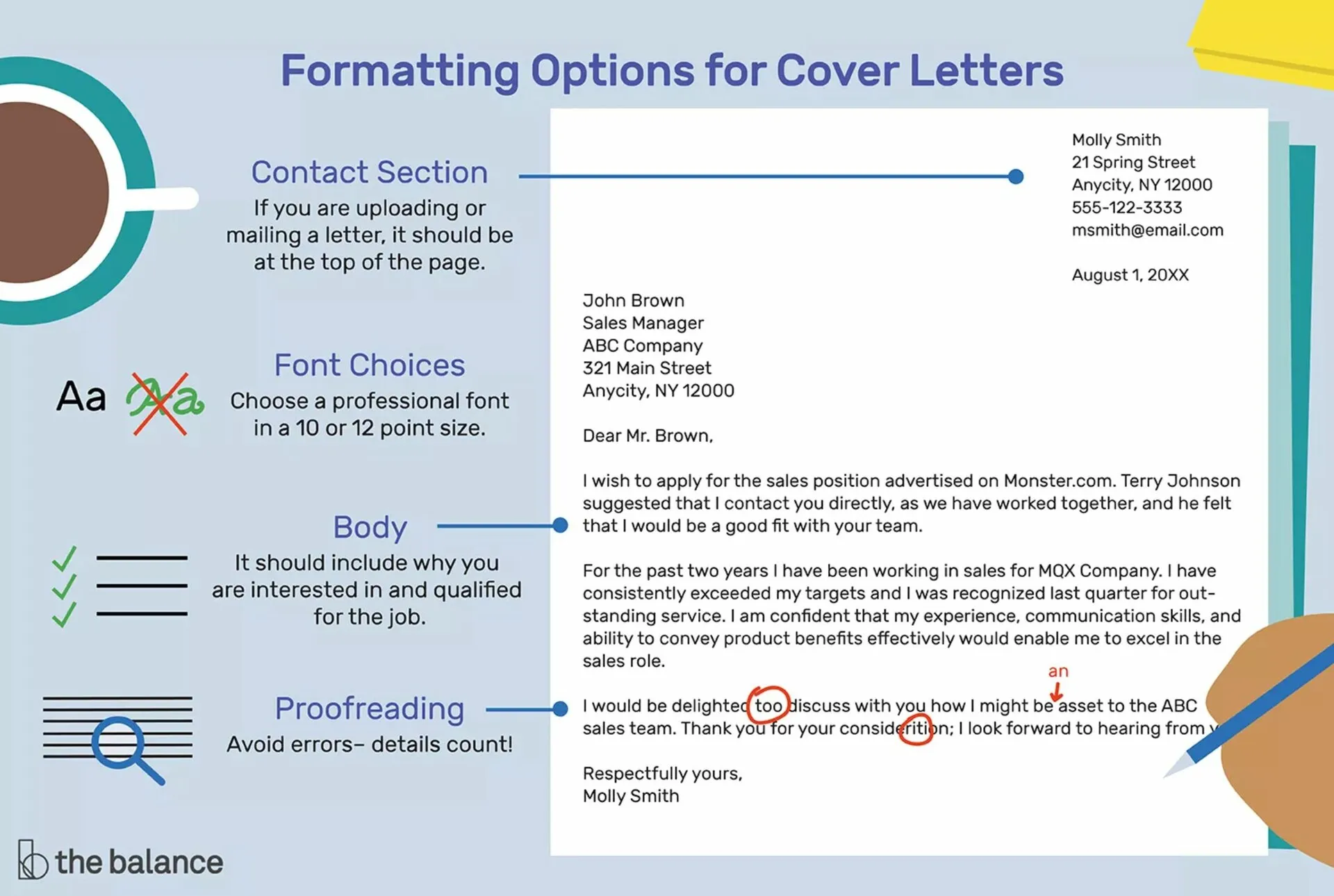
A well-crafted cover letter offers numerous advantages. It enables you to tailor your application to the specific job and company. Demonstrating a clear understanding of the company’s needs and how your skills align with them is critical. Cover letters offer a space to explain any gaps in your work history or career changes. For example, if you’re transitioning careers or have been out of work for a period, the cover letter offers an opportunity to address these issues proactively. Additionally, you can expand on specific achievements or projects mentioned in your resume, providing greater context and detail. A cover letter can also emphasize your soft skills such as communication, teamwork, and problem-solving, which are essential for success in almost any role.
Showcasing Personality and Enthusiasm
Cover letters are a great way to let your personality shine through and express your enthusiasm for the role. A resume is typically a more formal document, but a cover letter provides a space to inject your voice and demonstrate your passion for the job and the company’s mission. This is particularly important in fields where creativity and interpersonal skills are highly valued. Through your writing, you can show how you align with the company culture. A cover letter can help you establish a connection with the reader. Make sure to avoid generic phrases; instead, personalize your letter by referencing something specific about the company or role that interests you. This approach makes your application more memorable.
Highlighting Relevant Skills and Experience
One of the primary advantages of a cover letter is the ability to highlight relevant skills and experiences in greater detail than your resume allows. You can use it to connect your past experiences to the job requirements, explaining why you are a suitable candidate. When you tailor your cover letter to a specific job, you can emphasize the skills and experiences that align most closely with the needs of the employer. This approach ensures the hiring manager immediately understands your value. It gives you an opportunity to elaborate on accomplishments mentioned in your resume, adding quantifiable results and specific examples. You can show how your past successes translate to the requirements of the job. You are not just listing your skills; you are demonstrating them through your writing.
Fact 4 When a Cover Letter is Optional or Unnecessary
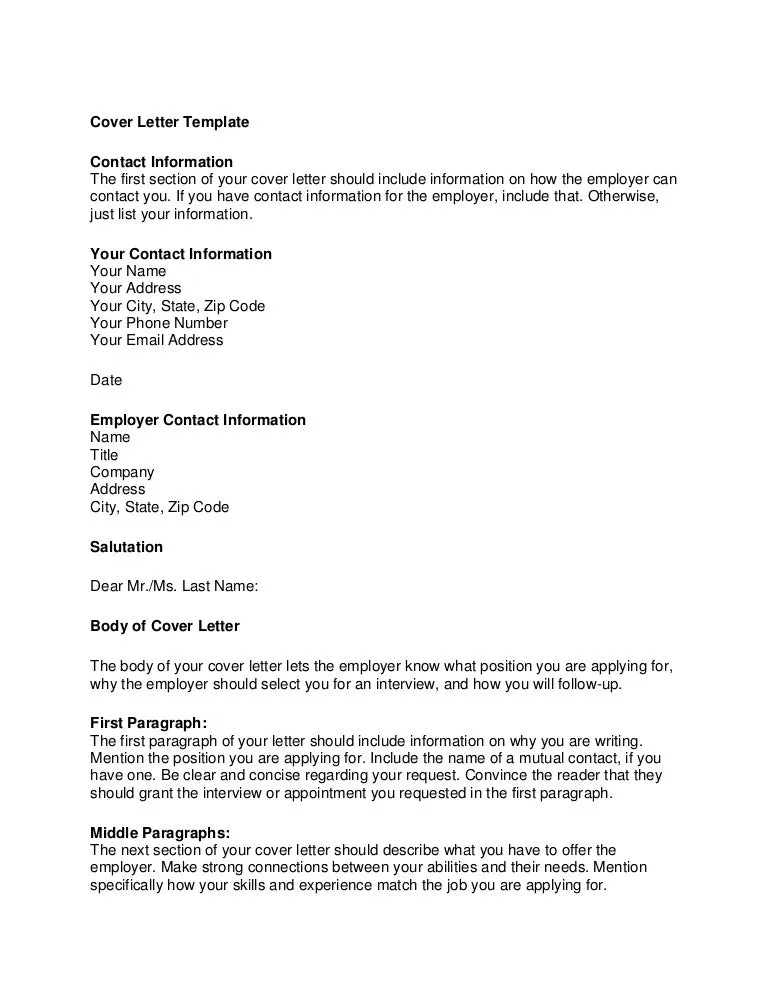
While cover letters remain valuable, there are some instances where they may be considered optional or even unnecessary. In some industries, such as tech or data science, the focus is often more on technical skills and experience, and a well-crafted resume might be sufficient. However, even in these fields, a cover letter can still be an asset if it allows you to explain your interest in the company or highlight specific projects. It’s also important to consider the application process. If the job posting specifically says a cover letter is optional, you can consider whether or not to include one. You should include a cover letter if you think it will add value to your application, but don’t include one just for the sake of it. If you lack the time or resources to create a compelling cover letter, it is usually best to omit it rather than submit a generic one.
Online Application Systems
With the proliferation of online application systems, it is also important to be mindful of the application process. If the job posting is on a website that asks for information in specific fields, and does not offer a place to upload a cover letter, then it might be best to refrain from including one. Some online systems may not have the functionality to properly parse a cover letter, or the hiring manager might not review it. Always follow the specific instructions provided. If the application process is streamlined, then a concise resume and filling the application fields accurately will often suffice. If you are applying through LinkedIn or other platforms that don’t explicitly ask for a cover letter, it is often acceptable to skip it.
Fact 5 The Impact of Not Including a Cover Letter
Choosing not to include a cover letter can have both positive and negative impacts on your job application. In some situations, omitting a cover letter might not matter, especially if the job posting doesn’t require one. However, in many cases, it can limit your ability to showcase your skills and interest. A lack of a cover letter might be interpreted by the hiring manager as a lack of interest or as not being serious about the job. It is a missed opportunity to make a personal connection with the hiring team. It can be a problem in industries where attention to detail and communication skills are vital. Make sure you carefully evaluate the job posting and the industry standards before making a decision.
Missing Opportunities
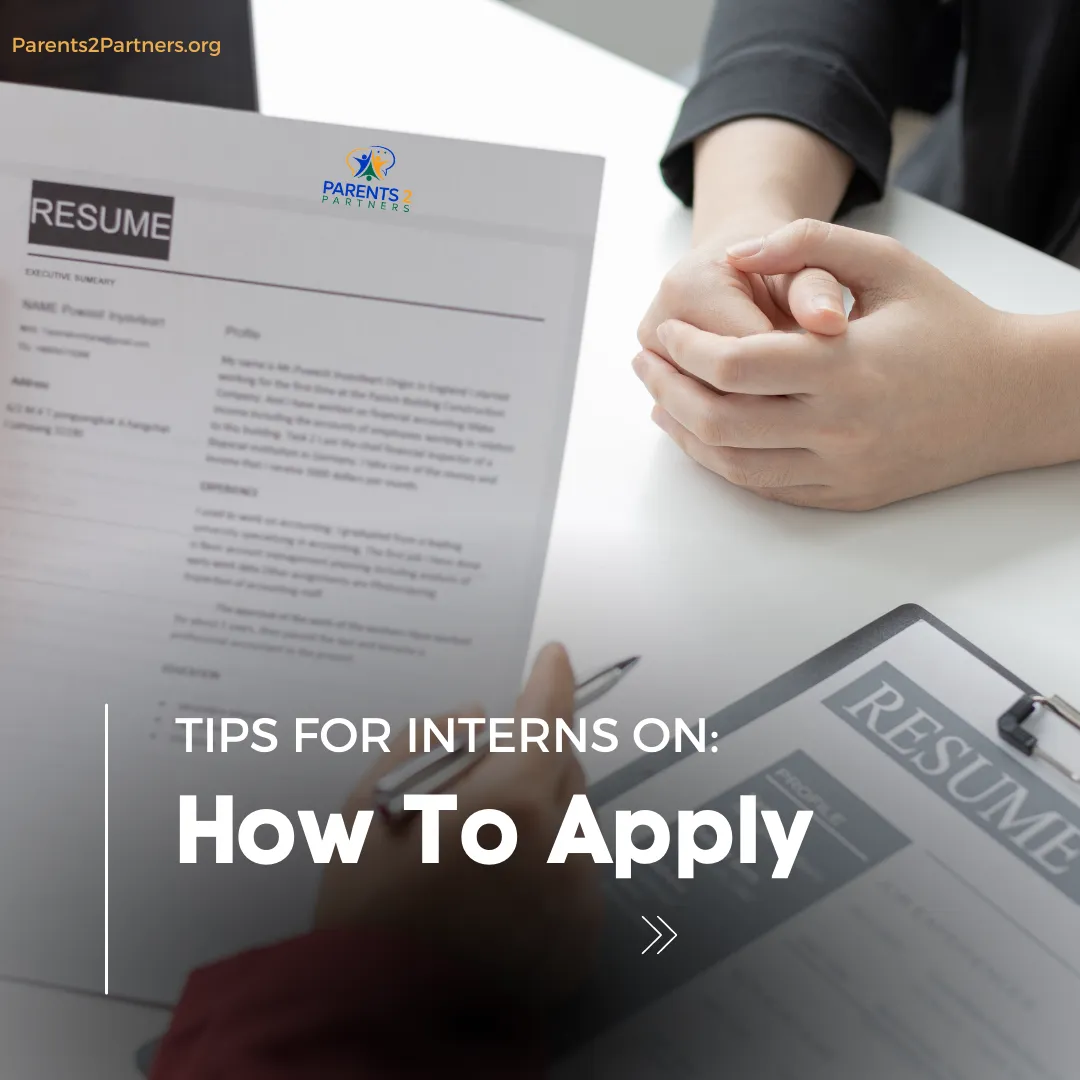
The biggest impact of not including a cover letter is missing an opportunity to set yourself apart from other candidates. If you do not provide additional information about your qualifications, your application might get lost in the pile of resumes. Without a cover letter, you cannot highlight your enthusiasm, explain any employment gaps, or address specific requirements of the job. A well-crafted cover letter offers a chance to demonstrate your writing skills. It can also help showcase your research into the company and role. If you decide to omit a cover letter, make sure your resume is impeccably written and tailored to the job requirements. Consider if your resume communicates everything you want the hiring manager to know.
Best Practices for Cover Letters
Whether or not to include a cover letter with your resume depends on several factors, including the specific job, industry, and the application process. To make the best decision, it is crucial to be informed, consider the pros and cons, and follow the instructions carefully. If you decide to include a cover letter, make sure to tailor it to the specific job and company, and highlight the skills and experience that are most relevant. Regardless of whether you include a cover letter, ensure that your resume is well-written, concise, and accurately reflects your qualifications. Ultimately, the goal is to present yourself as the best candidate for the job and increase your chances of getting an interview. Take some time to proofread and format it well, to make a professional first impression.
